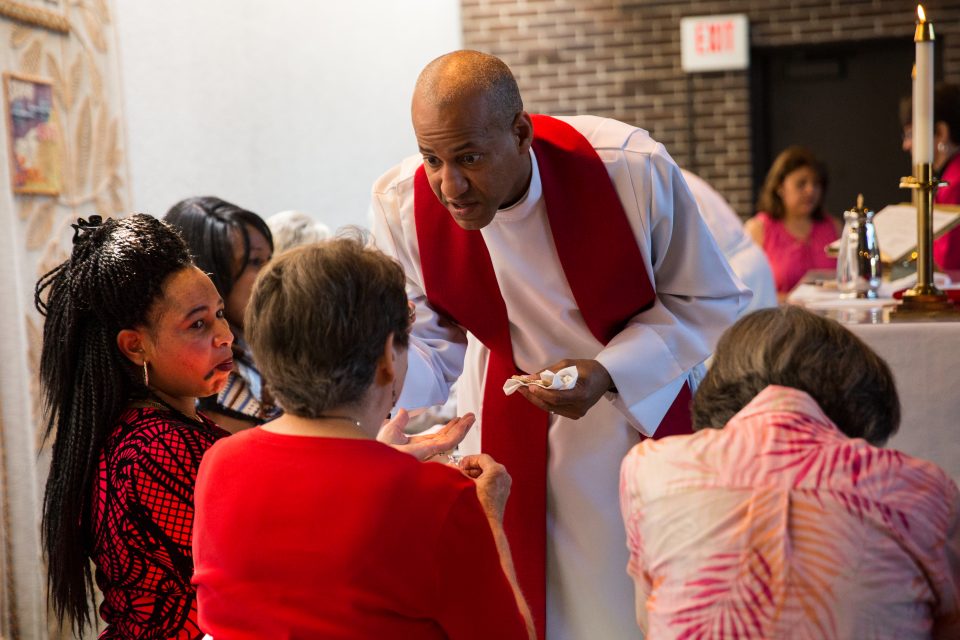The ELCA hosted a virtual candidacy summit March 12 and 18 for candidacy committee members, synod staff and seminary partners. More than 400 people participated in the training event, which connected people across the nation who work with ELCA candidates.
Candidacy committees and partners serve important roles in the church as they guide candidates—people pursuing rostered ministry in the ELCA—through the discernment, study and formation process to become leaders in the church.
“Candidacy committee members and partners involved in candidacy work are very dedicated people,” said Ruth Hamilton, an ELCA candidacy and leadership manager for the ELCA’s Region 9. “They balance the gifts and needs of candidates with the gifts and needs of this church. They accompany, mentor, read many essays, interview, encourage, challenge, question.
“What they do is time-consuming and hard, yet often joyful and positive. They often speak about the amazing transformations they see in candidates during their candidacy journeys.”
Hamilton added that the candidacy process is dynamic and has changed recently. The virtual summit allowed for updates to be shared and provided a forum for recurring questions and issues to be addressed from multiple perspectives.
Laura Gifford, an ELCA candidacy and leadership manager for Regions 1 and 2, said the participants—who represent a range of people across the church—spoke of being intentional and flexible as they engaged the candidacy process.
“We have a rigorous process as a denomination, and this is a good thing and something we identify as a gift in terms of preparation we offer or require,” she said. “But folks are really eager to learn how to work with the full diversity of the candidates we have coming into the system, because our candidates are more diverse than the church as it exists currently.”
Gifford said that participants were eager to discuss, ask questions, offer feedback and talk about resources with each other.
The summit offered workshop sessions each day, along with a daily keynote speaker. Terri Martinson Elton, associate professor of youth and family ministry and of leadership at Luther Seminary (St. Paul, Minn.), spoke on March 12 about the challenges and opportunities that seminaries and candidacy staff face in forming future leaders. On March 18, Kevin Strickland, bishop of the Southeastern Synod, spoke about what comes next for the church—post-pandemic—from a synodical perspective.
“Working in candidacy makes one hopeful and confident about the future of this church,” Hamilton said. “We see so many people with a wide variety of gifts, backgrounds, experiences and interests, all committed to sharing the love of God with this world in concrete ways through the ELCA.”
Gifford agreed, saying that, throughout the event, attendees wondered how they might share their optimism about the future with the broader church.
“There’s a lot of enthusiasm and very little pushback [on] the idea that we’re living into this new and different and more diverse church that we need to be equipped to effectively support,” she said. “Candidacy committees are recognizing that and are eager to work well and do well by these folks. People love this work because it’s a hope-filled way to serve the church, and you’re seeing the energy these people are bringing as they’re training to become pastors and deacons.”






